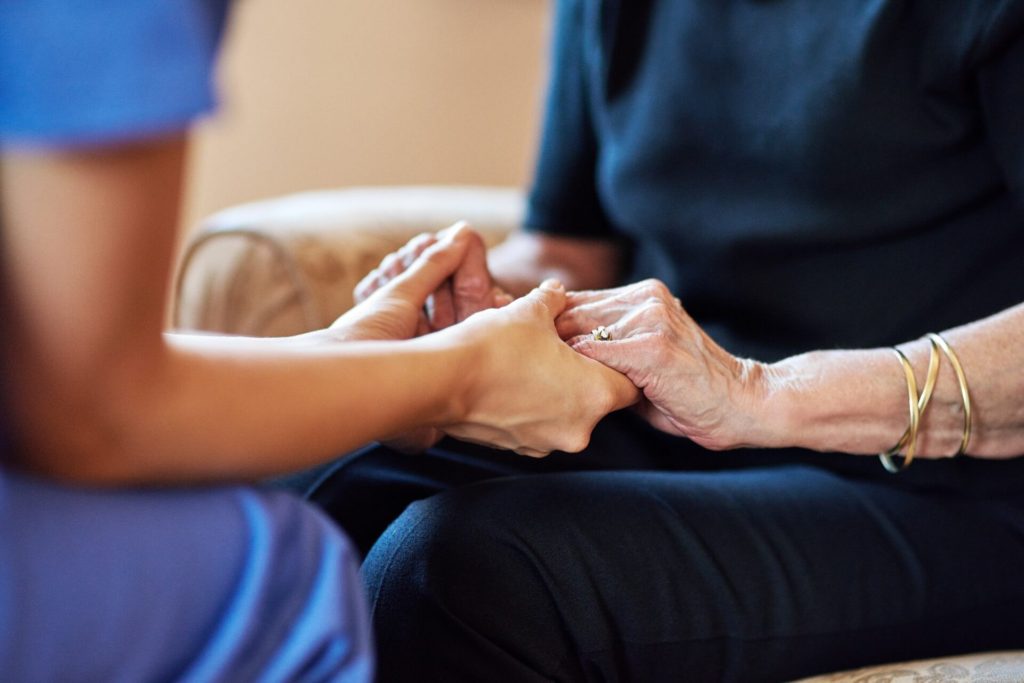 Following the death of a loved one, a family can easily be devastated under the weight of financial insecurity. Many homes in New York require each family member to work full-time jobs to make rent, pay for household expenses, and raise children. The resulting financial fallout of a death can completely change the course of an entire family.
Following the death of a loved one, a family can easily be devastated under the weight of financial insecurity. Many homes in New York require each family member to work full-time jobs to make rent, pay for household expenses, and raise children. The resulting financial fallout of a death can completely change the course of an entire family.
That is why, if someone dies due to another person’s reckless or careless actions, their family can file a wrongful death claim against the at-fault party. Typically, these claims are meant to cover the costs of a funeral or burial, lost household incomes, and the loss of care and companionship. However, a wrongful death claim is not the only type of claim that can be filed after someone’s death.
The Limits of a Wrongful Death Claim
Under the Estate Powers and Trust Law (EPTL), if an individual dies in an accident, his or her estate can pursue a wrongful death claim to recover compensation. This money is generally designed to benefit the deceased’s family, and a claim can be filed by a legal representative on their behalf. Wrongful death claims follow many of the same processes as a personal injury claim, but they are more limited in terms of the types of compensation that can be received.
While personal injury claims can include medical expenses, lost wages, and pain and suffering, wrongful death claims can only include compensation for:
- Funeral or burial expenses
- Lost wages or potential earnings that the deceased would have contributed to the household
- Loss of consortium, including the care and affection the deceased provided to a spouse and children
- Loss of parental guidance
Wrongful death claims can still be substantial, and a family should always consider this option following the wrongful death of a loved one. That being said, survival actions can drastically shift the amount of compensation in a wrongful death claim.
Damages in a Survival Action
Unlike wrongful death claims, survival actions are primarily filed on behalf of the deceased following a fatal accident. In these cases, the deceased likely survived for a short period after the accident, even receiving medical treatment. Under New York laws, a survival action allows the deceased’s family to include both the medical expenses leading up to their loved one’s death and their loved one’s pain and suffering in a wrongful death claim.
Thus, with a survival action, a wrongful death claim can include:
- Medical expenses leading up to the deceased’s death
- Lost wages or potential earnings
- Loss of consortium
- Loss of parental guidance
- Mental anguish
- Pain and suffering
A survival action can dramatically increase the value of a claim and ensure that the deceased’s family is not burdened by medical bills after his or her death. But a survival action does not mean the deceased had to have received treatment. Instead, a survival action can add on the cost of pain and suffering if the victim suffered prior to passing. These damages can be calculated by consulting a medical expert who can explain how much pain the deceased was in before death.
Both wrongful death claims and survival actions can be filed in a single claim, allowing a bereaved family to recover the maximum available compensation after a fatal accident. But determining how much compensation to ask for can be complicated, as most families are not immediately aware of how much a loved one benefited the household. You may need to consult with a financial expert, review pay stubs and tax returns, and work with medical professionals to calculate pain and suffering damages. All of this is a lot to add to your plate while you are mourning.
But you do not have to go through this process alone. Instead, the New York wrongful death attorneys at Wingate, Russotti, Shapiro, Moses & Halperin, LLP, can provide a guiding hand during this difficult part of your life. Our compassionate and professional legal team has represented numerous families after the wrongful death of a loved one and can make this process as painless as possible. If you lost a loved one due to the negligent actions of someone else, reach out to us at (212) 986-7353. We can explain all of your options in a free consultation and put your mind at ease about the claims process.